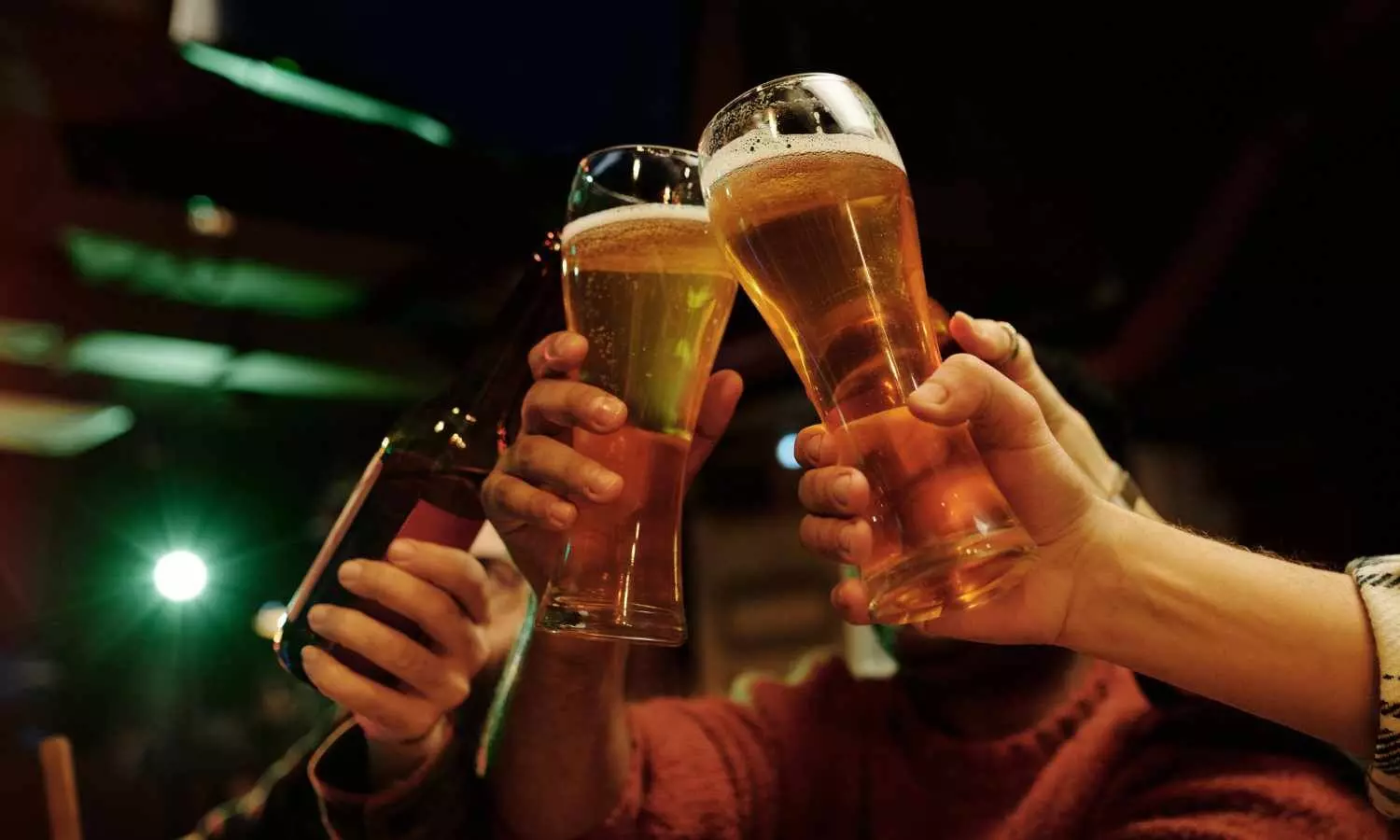The History 0f Beer
International Beer Day, celebrated on the first Friday of August, honors beer’s rich global history, evolving tastes, and the growing premium beer culture in India and beyond.
The History 0f Beer

The first Friday in August brings a toast to ales, lagers, and pilsners that put the international in International Beer Day. Whether your beer is fermented or not, dark or pale, hoppy, bitter, smooth, or domestic, we raise our mug on International Beer Day.
Celebrate International Beer Day by enjoying a glass with friends. Try a new beer. If you don't know what to try. Beer is one of the oldest prepared alcoholic drinks in the world, with evidence of fermentation dating back as far as 13,000 years. Archaeological findings and historical records show its presence in ancient civilizations like Mesopotamia, Egypt, and China. Over time, brewing techniques evolved, and beer became a staple in various cultures, eventually transitioning from artisanal production to industrial manufacturing.
Over the past few years, India’s beer industry has undergone a dynamic transformation, shaped by changing consumer preferences, increasing premiumisation, and renewed focus on sustainability. AB InBev India, home to iconic brands like Budweiser, Hoegaarden and Corona, has been at the forefront of driving this change, through category innovation, cultural relevance and purpose-led practices.
The Indian beer industry is on a steady growth trajectory, led by premiumisation, evolving consumer aspirations, key trends in beer consumption, and increased penetration in Tier-I and Tier-II markets.
Beer in India has moved beyond mass consumption—consumers are now embracing differentiated styles, flavour profiles, and premium & super premium category growth with global brands.
The category has bounced back post-pandemic, with renewed demand across off-trade channels and rising in-home and social drinking occasions, serving as significant growth drivers for the industry.
A new generation of consumers is driving change—prioritising experiences, brand purpose, and conscious consumption in their beer choices, which is shaping key trends in beer consumption.
Despite its economic potential, beer continues to face regulatory complexity and high taxation, underscoring the need for more progressive, category-specific policy reforms to support ongoing premium & super premium category growth.
Sustainability is no longer an add-on—it’s central to modern brewing, with players like AB InBev leading through solar-powered operations, water stewardship, and recyclable packaging—further appealing to premium consumers and contributing to industry growth drivers.
The Neolithic Revolution, over 12,000 years ago, was a point that defines humanity: when human cultures transitioned from nomadic hunter-gatherers to sedentary farmers. What could have caused us to change our ways? Though no one can confirm the details of its invention, what many historians and anthropologists do agree on is that beer was quite possibly the catalyst. It is believed that along with domesticating and harvesting crops of wheat, rice, barley, and maize, humans discovered the fermentation process and began to brew beer before they were making bread. Others argue that it was in fact breadmaking that led to brewing, but their timelines remain relatively close.
In Germany, beer was being produced as early as 800 BC. However, it is not until 500-1000 AD, the first half of the Middle Ages, that brewing began to pick up in the rest of Europe. Again, as with the Mesopotamian and Egyptian early home brewing practices, women brewed the beer as it was synonymous with cooking. In time, the craft was adopted by Christian monks and the art of brewing transitioned from the home to monasteries and convents.
It is in this period that hops were introduced into the brewing process. The first record of hops being used in beer making was in 822 AD by a Benedictine monk in Northern France. It is unclear whether hops were used for their preservative qualities or for flavour.
Brewing technologies spearheaded by the Germans evolved closer to what they are today. The Germans developed the lager method of bottom-fermentation brewing, whereby fermentation occurs in low temperatures. The English preferred the top-fermentation method of ales, brewed in milder temperatures and stored in cellars.
The Prohibition era put an end to the progress and a devastating majority of brewers were put out of business. In the U.S., only 160 of the approximate 1,400 pre-Prohibition breweries survived.
Beer cheer quotes, funny beer quotes, and time-honored beer cheers quotes have survived for a reason. They unite people, fill the moment with laughter, and capture the fun of sharing a beer with friends.
Some classic famous quotes include: He was a wise man who invented beer.” – Plato; “Beer is proof that God loves us and wants us to be happy.” – (Often attributed to Benjamin Franklin); “Milk is for babies. When you grow up, you have to drink beer.” – Arnold Schwarzenegger
In honor of this National Beer Day, share your go-to beer quote on your social media, open up a cold one, and keep in mind: beer tastes best with good friends and even better company.

